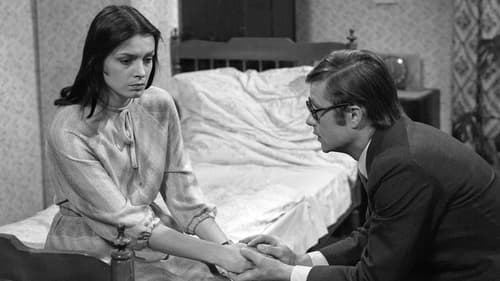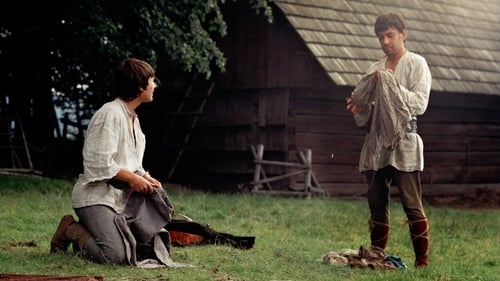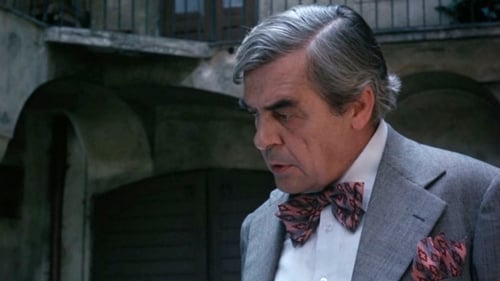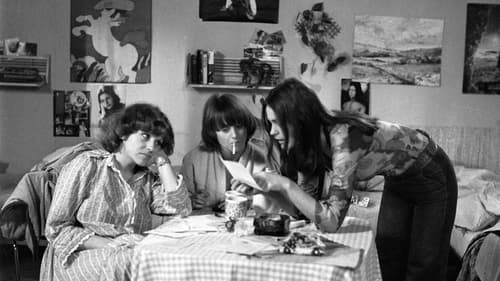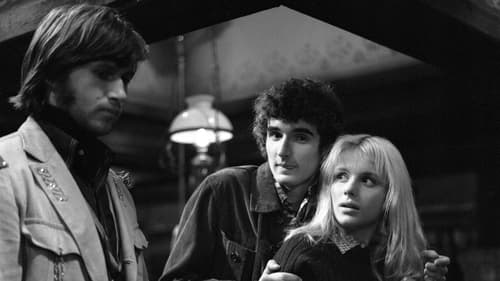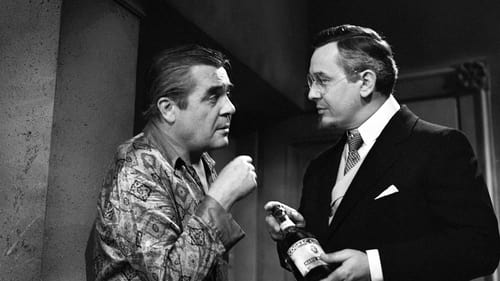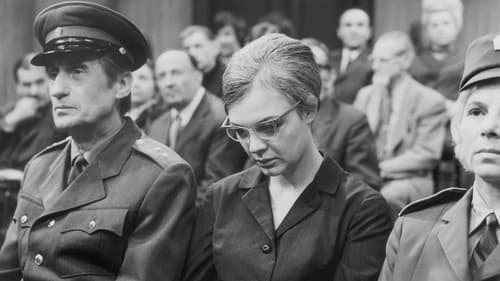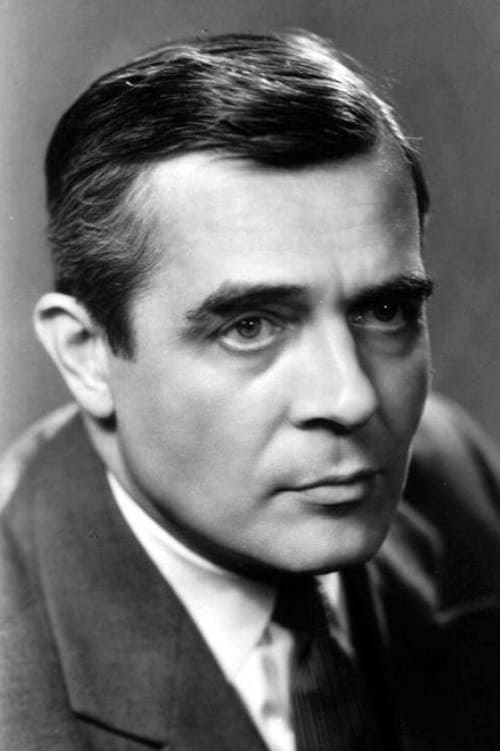
Václav Voska
Nacimiento : 1918-10-21, Praha
Muerte : 1982-08-20
Historia
Václav Voska, český divadelní a filmový herec se narodil krátce po vzniku samostatného Československa, 21. října roku 1918 v Praze v rodině středoškolského profesora. Po maturitě v roce 1937 začíná studovat práva na pražské Univerzitě Karlově. V roce 1939 jsou uzavřeny české vysoké školy a po válce již studium nedokončil. Již během středoškolských studií spolupracoval s Československým rozhlasem (od roku 1932) a od roku 1939 byl angažován do Divadla na Vinohradech, kde setrval do roku 1945. V tomto roce se stává členem souboru činohry pražského Národního divadla - ve Zlaté kapličce zůstává pět let, v roce 1950 pak přechází do souboru Městských divadel pražských, kde poté působí až do konce života. Za svou kariéru vytvořil na divadelním jevišti nespočet rolí. Svým hereckým projevem se uplatňoval ve ztvárnění převážně charakterních rolí. Mezi jeho nejvydařenější a nejoceňovanější role patří například : postava fyzika Möbia ve hře Fyzikové F. Dürrenmatta, role Emila Magise v dramatu Vajíčko M. Marceaua, role Alcesta v Moliérově hře Misantrop, role filosofa Sókrata ve hře E. Radzinského Rozhovory se Sókratem či role Torquata Tassa ve stejnojmenné hře J. W. Goethea. Za vrchol jeho divadelního herectví jsou pak považovány jeho role Edgara z Dürrenmattovy adaptace Strindbergova díla Tanec smrti a Richard II. ze stejnojmenného dramatu W. Shakespeara. Na filmovém plátně nedostal tolik příležitostí ve srovnání s jeho divadelní prací. V sedmdesátých letech 20. století v průběhu normalizace měl z politických důvodů značně omezený přístup do televize i filmu. Větší role na filmovém plátně ztvárnil například ve snímcích HOUSLE A SEN (r. V. Krška, 1946), TOUHA SHERLOCKA HOLMESE (r. Š. Skalský, 1971) a NOC KLAVÍRISTY (r. J. Polák, 1976). Na televizních obrazovkách se objevuje v několika filmech a seriálech, například SŇATKY Z ROZUMU (r. F. Filip, 1968), F.L. VĚK (r. F. Filip, 1971), A NA KONCI JE ZAČÁTEK (r. J. Bělka, 1981). Po celou dobu své umělecké kariéry Voska úzce spolupracuje s rozhlasem. Spolupracoval také s gramofonovými vydavatelstvími a dabingem. Jeho hlas je také zaznamenám ve krátkometrážním snímku KRAKONOŠ A ŠKOLA (r. Z. Vinš, 1983), který namluvil na sklonku života.
Václav Voska zemřel 20. srpna roku 1982 ve Valašském Meziříčí, jeho ostatky jsou uloženy na pražských Olšanských hřbitovech. Se svou ženou Evou Kavánkovou měli dvě dcery, Markétu a Evu.

1982: East German actor Erwin Gregorek travels to Hamburg to shoot screen tests for a film about the sinking of the ocean-liner Cap Arcona in 1945 - a catastrophe he himself survived as a concentration camp prisoner.

František Ladislav Rieger
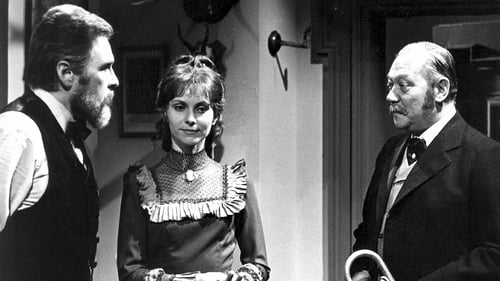
František Ladislav Rieger
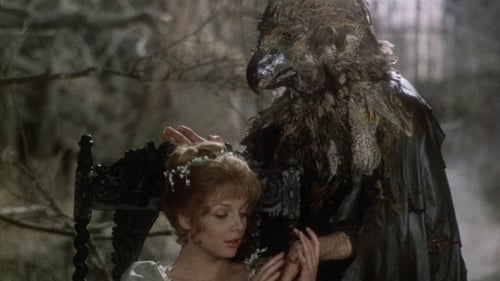
Father
Una de las tres hijas de un mercader, se adentra en el bosque buscando ayuda para su padre enfermo, hasta que es raptada por una bestia que sufre una maldición. La bestia, cautivada por la belleza de la joven, decide retenerla en su castillo pero no atacarla. La chica, ayudará a la bestia a vencer la maldición

Otec Viktora

Dr. Watson
Sherlock Holmes likes to play violin and expects a great career in music. He gets a place in a spa orchestra, but he is again and again distracted by criminal cases. Therefore he is the only one who does not see that his violin has no future. He solves the criminal mysteries in passing but the final test shows that the famous detective is tone-deaf.

Commentary (voice)

architekt Jiří Mánek
At the funeral of his schoolmate, the nearly-fifty-year old architect Jirí Mánek (Václav Voska) meets his former close acquaintance - physician Jarmila (Blanka Bohdanová). They both are still single. Jarmila has recently returned to Prague after years of work on the frontier. Jirí leaves for a business trip. As a conservationist, he is to grant permission for an adaptation of a Baroque château to office spaces. On the road, a pretty young hitchhiker named Eva (Ida Rapaicová) stops him. Eva is Slovak and her spontaneous behavior enchants Jirí. He thus does not mind making a short detour and takes Eva all the way to the luxurious cottage of her parents. A romance develops between the two people, so different in age and temperament.

Andrej Markowski

Námestek
The protagonist (Rudolf Hrusinsky) is a dull, fat, shy government clerk indulging in voyuerism and ego fantasies. In love with another clerk (Kveta Fiolova), he is urged on in his pursuit by a commiserate executive. The story is told in a flashback sequence as the cuckolded Hrusinsky attempts suicide by gassing himself in his bathtub. The "Murder" of the title is not a murder as such, rather the murder that Hrusinsky remembers planning upon discovering his wife's unfaithfulness with his supposed friend and advisor. Both plots failing in his mind, he loses himself in fantastic reveries of his funeral and of hypocritical mourners. ' Deciding (perhaps) that this is not the way out either, he gives up the attempt and imagines a life of reconciliation and eventual affluence.

Dimitroff

Self

Narrator (voice)

manžel
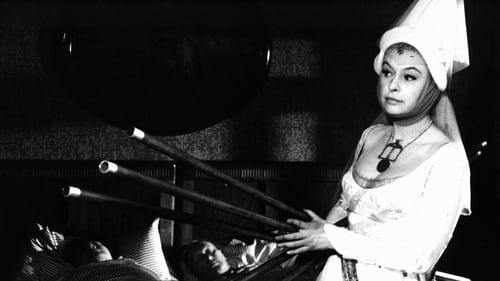
psychiatr MUDr. Boukal
This castle has its own ghost - a mysterious White lady. She emerges from the painting on the wall when someone speaks out magic formula. White lady is good ghost, she can make someone's wishes true. Even if it is a new duct. But a miracle is not the thing that Communist leaders want in the town.

Narrator (voice)

Narrator (voice)
Spring 1943: A three-member group of resistance fighters flies from a Soviet military airport into the Protectorate of Bohemia and Moravia to establish contacts with an illegal communist center in the occupied territory.

Spring 1943: A three-member group of resistance fighters flies from a Soviet military airport into the Protectorate of Bohemia and Moravia to establish contacts with an illegal communist center in the occupied territory.

vypravěč (voice)

Commentary (voice)

General Jean-Paul Grémillom (voice)
During the Second World War, an old fortress is transformed into a detention camp for arrested allied generals who the Germans provide with every possible comfort. In the nearby garrison camp, however, hundreds of captured private soldiers try to survive hunger and cold.

Narrator (voice)

Narrator (voice)
A short documentary about the production of movie marquee art for cinemas in Prague.

Commentary (voice)

Commentary (voice)
This lyrical comedy story takes place in two hot days in the small South Bohemian village. On the shore of a small pond, summer guests and local youth meet. As is typical of the works of Hrubín, it is a conflict of youth and age, life and death, represented by the medical student Zuzana and her beloved Jirka.

Commentary (voice)

Narrator (voice)

Commentary (voice)
The cartoon film sets out to justify the existence of UNESCO as an instrument for world peace.

Petr Kanis
After the battle of Sudoměř the Hussite teaching spreads through the whole country and people start leaving their homes to help build the fortification of Tábor. Prague citizens request help against the army of Zikmund. The Hussite army with Jan Žižka in the lead make their way towards Prague. They fortify themselves on the mountain Vítkov and engage in a bloody battle with Zikmund’s huge army.

Dr. Vladimír Gajdos

Ferhad (voice)
A spring is hidden in the Iron Mountain but the people of Arzen cannot get to it and they are suffering from thirst.

Commentary (voice)
About meteorologists working on Lomničký štít. The film shows contrast between a man and mountains.

Cenek from Vartenberk
The second part of the revolutionary Hussite trilogy takes place in the years 1419-1420.

Terský

The director of the company Restaurants and Canteens arrives to attend a screening of a film made in various restaurants. A group of villagers come in to one of the restaurants for their lunch. The two waiters carry on chatting and ignore their customers. The head waiter finally brings them a crumpled menu, but whatever they order, he crosses off the menu and urges them to order something they do not want. In another restaurant a customer complains he has found a button in his sauce. The waiter promises to get him another portion but, once out of sight, he simply takes the button out of the food and brings back the same plate on which he has carelessly rearranged the food. Other customers are trying to pay but the staff point to the waiter with the wallet; he, however, is absorbed in watching a chess game and is neglecting his duties.

Narrator (voice)

German-Czech "Kulturfilm".

Čeněk z Vartenberku
Jan Hus is a 1954 Czechoslovak film directed by Otakar Vávra. It is the first part of the "Hussite Revolutionary Trilogy", one of the most famous works of the Czechoslovak director, completed with Jan Žižka (1955) and Proti všem (Against All Odds, 1957).

Commentary (voice)

Commentary (voice)

Emil Vacek

Commentary (voice)

Commentary (voice)

Commentary (voice)

Commentary (voice)

Commentary (voice)

Commentary (voice)

Commentary (voice)

Commentary (voice)

Commentary (voice)

Commentary (voice)

Commentary (voice)

Commentary (voice)

Commentary (voice)

Commentary (voice)

Karel Sabina, spisovatel
Year of the Revolution 1848
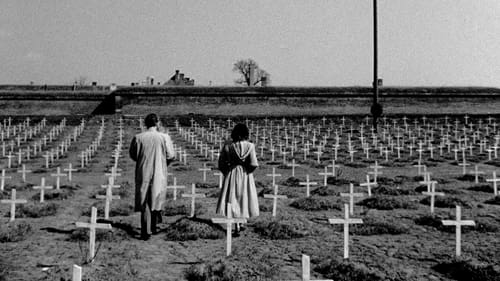
Narrator (voice) (uncredited)
Praga, durante la Segunda Guerra Mundial. Hana Kaufmann, una oftalmóloga judía, se casa con el Dr. Antonín Bureš, un hombre cristiano. Cuando su familia es enviada al campo de concentración de Theresienstadt, su romance se convierte en una lucha por la supervivencia.

Grammar school teacher Bláha hurts himself in pursuit of a red lizard, and is lying unconscious in the lonely house of Santrucek family. The postman, who found Bláha's coat and hat in the water, announces to everyone in town that the professor has drowned. But, the venerable citizens are at that moment more interested in the theatre group with the beautiful guest actress Eva Gazdová. They demand a change of repertoire and manage to persuade the theatre manager to have the group play the musical comedy The Red Lizard instead of an established play.

Commentary (voice)

Frederic Chopin




